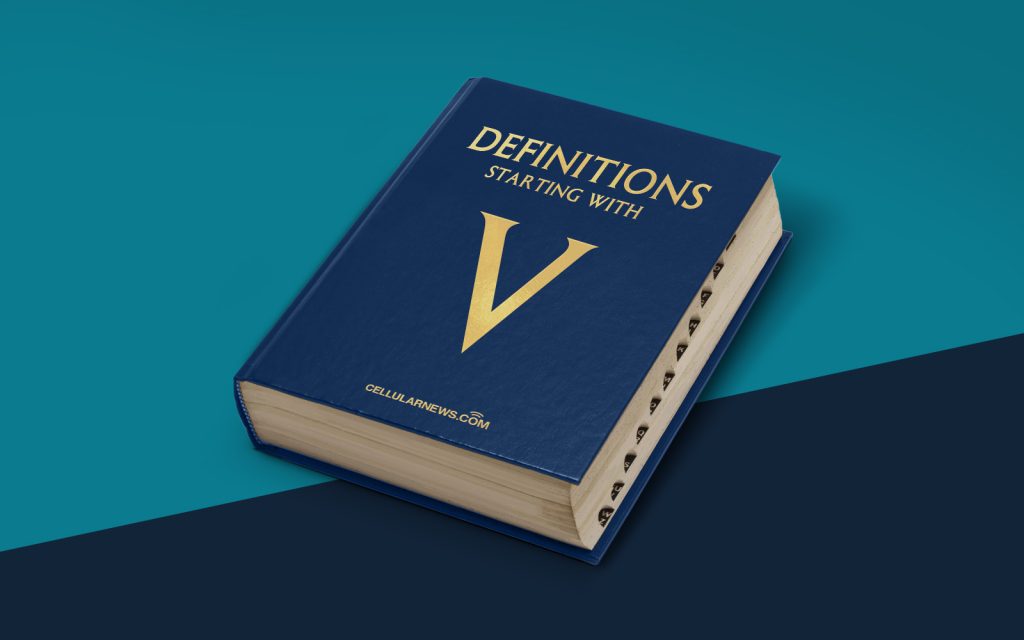
Demystifying vi: The Powerhouse Editor in Unix
Are you a Unix user wondering what vi is and how it can enhance your productivity? We’re here to help you understand this powerful editor that has built a loyal following among programmers and system administrators. In this article, we’ll dive into the world of vi, explore its features, and understand why it has become such an integral part of Unix systems.
Key Takeaways:
- Vi is a text editor that comes pre-installed in most Unix-based operating systems.
- It offers a highly efficient and customizable environment for editing files quickly and effectively.
The Birth of vi
vi, short for “visual editor,” was created by Bill Joy back in the 1970s as part of the original Unix operating system. Over the years, vi has evolved and become one of the most versatile and powerful text editors available today. It continues to be a preferred choice for many Unix users due to its efficiency and extensive user community.
The Building Blocks of vi
Before we dive into the features of vi, let’s cover a few basic concepts:
- Modes: vi operates in different modes, namely:
- Command Mode: The default mode where you can execute various commands.
- Insert Mode: Allows you to enter and edit text.
- Visual Mode: Enables you to select and manipulate blocks of text.
- Commands: vi utilizes a wide range of commands to perform tasks, such as navigating through the file, making edits, and saving changes.
- Keyboard Shortcuts: To maximize efficiency, vi employs keyboard shortcuts for common operations, reducing the need for multiple mouse clicks or menu navigation.
Features and Benefits
Now that we have a basic understanding of vi, let’s explore its standout features:
- Lightweight and Fast: vi is designed to work efficiently even on low-powered systems, making it an ideal choice for remote servers and embedded devices.
- Powerful Editing Capabilities: vi offers a wide array of commands for advanced editing, including search and replace, cut and paste, undo and redo, and much more. It allows you to efficiently navigate and manipulate large files.
- Customizability: vi can be customized to suit individual preferences, with numerous plugins and configurations available to enhance your editing experience.
- Portability: As a standard text editor in Unix systems, vi is universally supported, ensuring consistency across different platforms and versions.
Conclusion
vi is a versatile and powerful text editor that has stood the test of time, attracting a dedicated user base for its speed, efficiency, and extensive functionality. Whether you’re a programmer or a system administrator, mastering vi can significantly improve your productivity when working within the Unix environment. So why not give it a try and unlock the full potential of your Unix machine?
